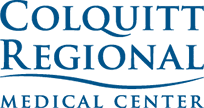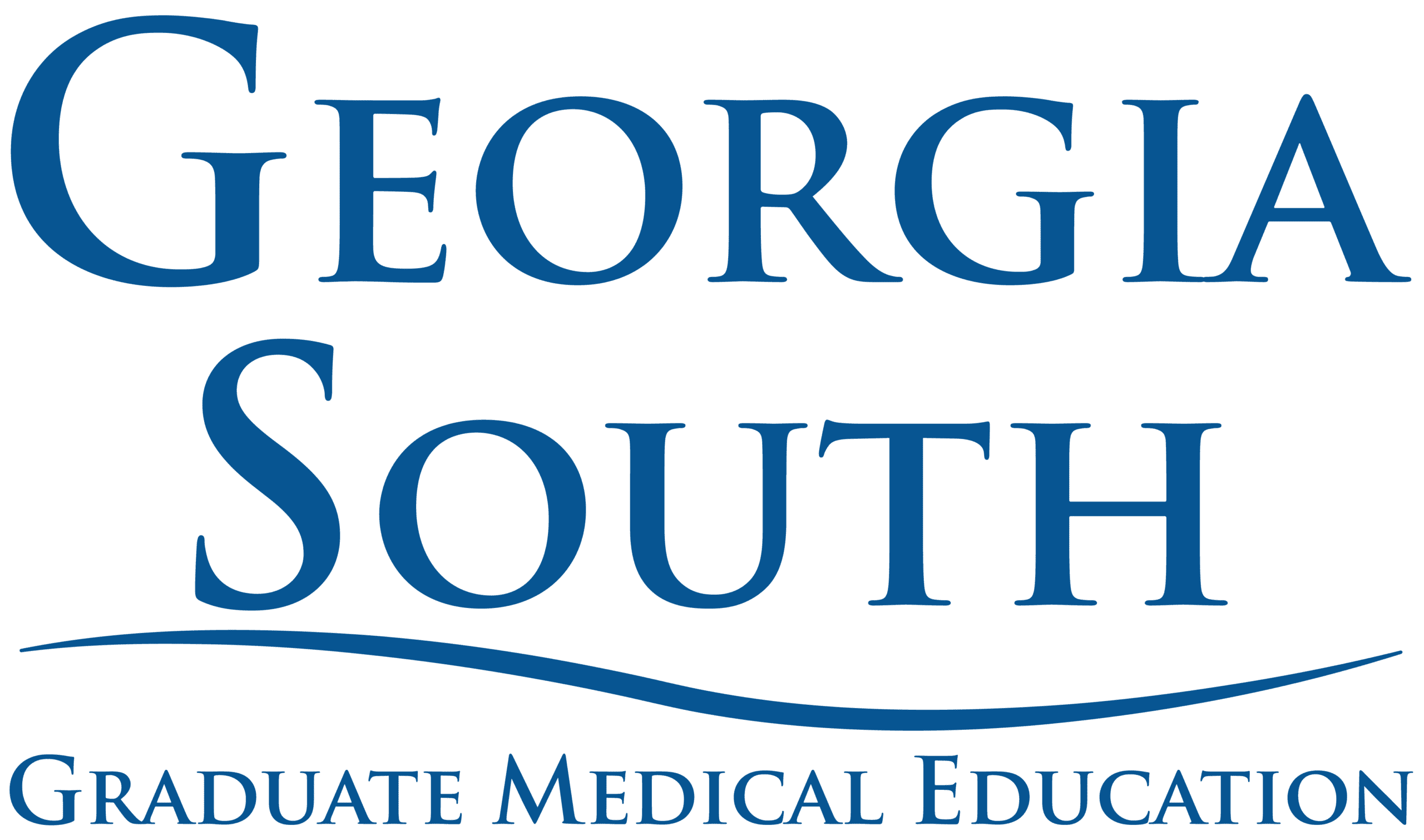The composition and function of the Graduate Medical Education Committee (GMEC) are specified by the Accreditation Council for Graduate Medical Education (ACGME) within the Institutional Requirements (IRs), which correspond to the specialty Program Requirements. Learn more below.
The IRs specify the following composition and meeting frequency of the GMEC.
The GMEC has the responsibility for monitoring and advising on all aspects of residency education. Voting membership on the committee must include:
- At least two residents nominated by their peers
- Residency program directors (Family Medicine and Psychiatry)
- At least one core faculty from each program
- Quality improvement of patient safety representative
- Individuals outside of the programs who are actively involved in GME
- The accountable Designated Institutional Official (DIO)
Our committee meets 4 times per year.
1. Oversight of:
- ACGME accreditation and recognition statuses of the Sponsoring Institution and each of its ACGME-accredited programs;
- Quality of the GME learning and working environment within the Sponsoring Institution, each of its ACGME-accredited programs, and its participating sites;
- Quality of educational experiences in each ACGME accredited program that lead to measurable achievement of educational outcomes as identified in the ACGME common and specialty/subspecialty-specific program requirements;
- ACGME-accredited program(s)’ annual program evaluation(s) and Self Study(ies);
- All processes related to reductions and closures of individual ACGME-accredited programs, major participating sites, and the Sponsoring Institution; and
- The provision of summary information of patient safety reports to residents, fellows, faculty members, and other clinical staff members.
2. Review and approval of:
- Institutional GME policies and procedures;
- GMEC subcommittee actions that address required GMEC responsibilities;
- Annual recommendations to the Sponsoring Institution’s administration regarding resident/fellow stipends and benefits;
- Applications for ACGME accreditation of new programs;
- Requests for permanent changes in resident and fellow complement;
- Major changes in each of its ACGME-accredited programs’ structure or duration of education, including any change in the designation of a program’s primary clinical site;
- Additions and deletions of each of its ACGME-accredited programs’ participating sites;
- Appointment of new program directors;
- Progress reports requested by a Review Committee;
- Responses to Clinical Learning Environment Review (CLER) reports;
- Requests for exceptions to work hour requirements;
- Voluntary withdrawal of ACGME program accreditation or recognition;
- Requests for appeal of an adverse action by a Review Committee;
- Appeal presentations to an ACGME Appeals Panel; and
- Exceptionally qualified candidates for resident/fellow appointments who do not satisfy the Sponsoring Institution’s resident/fellow eligibility policy and /or resident/fellow eligibility requirements in the Common Program Requirements.
3. The GMEC must demonstrate effective oversight of the Sponsoring Institution’s accreditation through an Annual Institutional Review (AIR):
- The GMEC must identify institutional performance indicators for the AIR, which include:
– The most recent ACGME institutional letter of notification;
– Results of ACGME surveys of residents/fellows and core faculty members; and
– Each of its ACGME-accredited programs’ accreditation information, including accreditation and recognition statuses and citations.
- The AIR must include monitoring procedures for action plans resulting from the review.
- The DIO must submit a written annual executive summary of the AIR to the Governing Body.
4. The GMEC must demonstrate effective oversight of underperforming program(s) through a Special Review process.
- The Special Review process must include a protocol that:
– Establishes a variety of criteria for identifying underperformance that includes, at a minimum, program accreditation statuses of Initial Accreditation with Warning, Continued Accreditation with Warning, and adverse accreditation statuses as described by ACGME policies; and
– Results in a timely report that describes the quality improvement goals, the corrective actions, and the process for GMEC monitoring of outcomes, including timelines.
The Graduate Medical Education Committee meetings are held from 8:00 a.m. – 9:30 a.m.
- April 27, 2021
- July 27, 2021
- October 26, 2021
- January 25, 2022
- April 26, 2022
- July 26, 2022
- October 25, 2022
- January 24, 2023
- April 26, 2023
- July 26, 2023
- October 25, 2023
2021-2022 Committee Members
- Jessica Rivenbark, MSW, DIO
- Victoria Gallagher, Institutional Coordinator
- Kirby Smith, DO, Georgia South Family Medicine Residency Program Director
- Lisa Rudolph-Watson, MD, Georgia South Psychiatry Residency Program Director
- Woodwin Weeks, DO, Georgia South Family Medicine Associate Program Director
- Kent Posey, MD, Georgia South Psychiatry Core Faculty
- Robert Sasine, MD, Program Subcommittee Chair
- Greg Patterson, MD, Policy Subcommittee Chair
- Melanie Owens, QI and Patient Safety Officer, CLER Subcommittee Chair
- William Seemer, DO, PGY2 Georgia South Family Medicine Resident
- Catherine Cravey, MD, PGY1 Georgia South Family Medicine Resident
- Anthony Cimmino, MD, PGY1 Georgia South Psychiatry Resident


